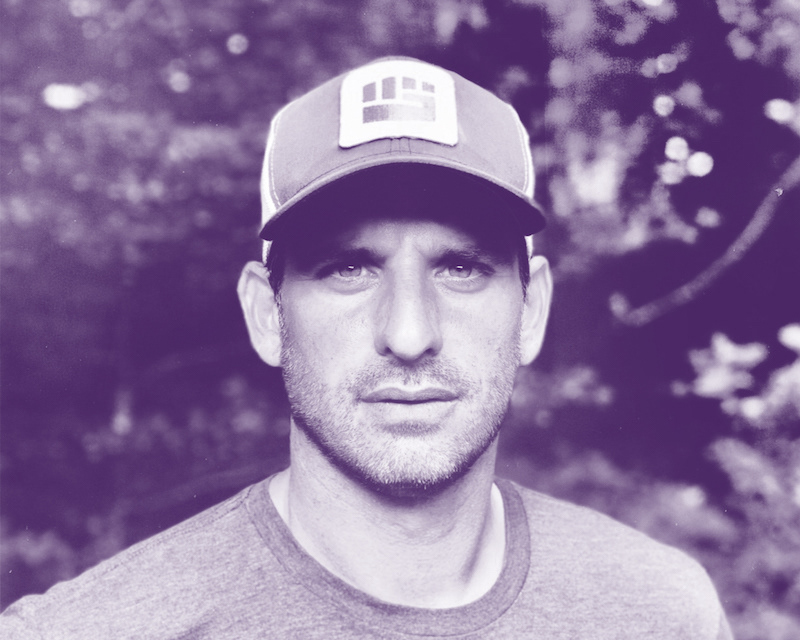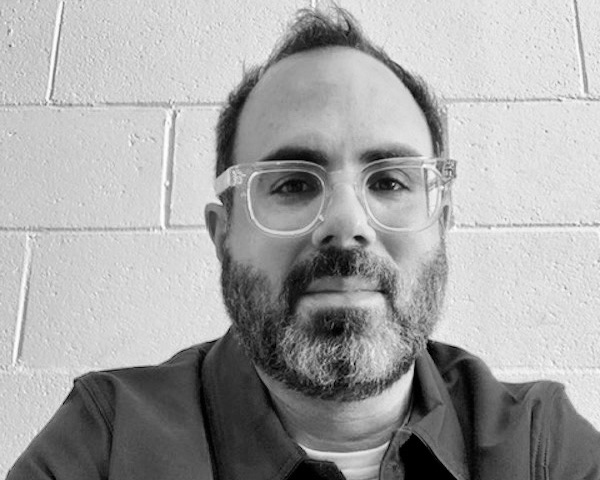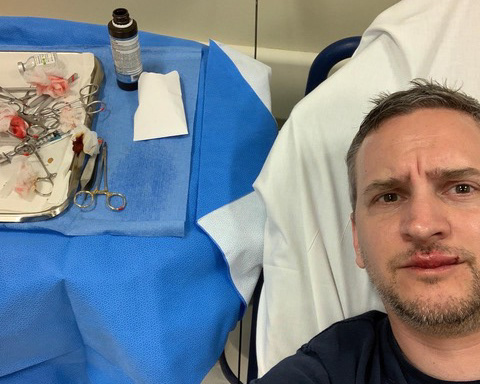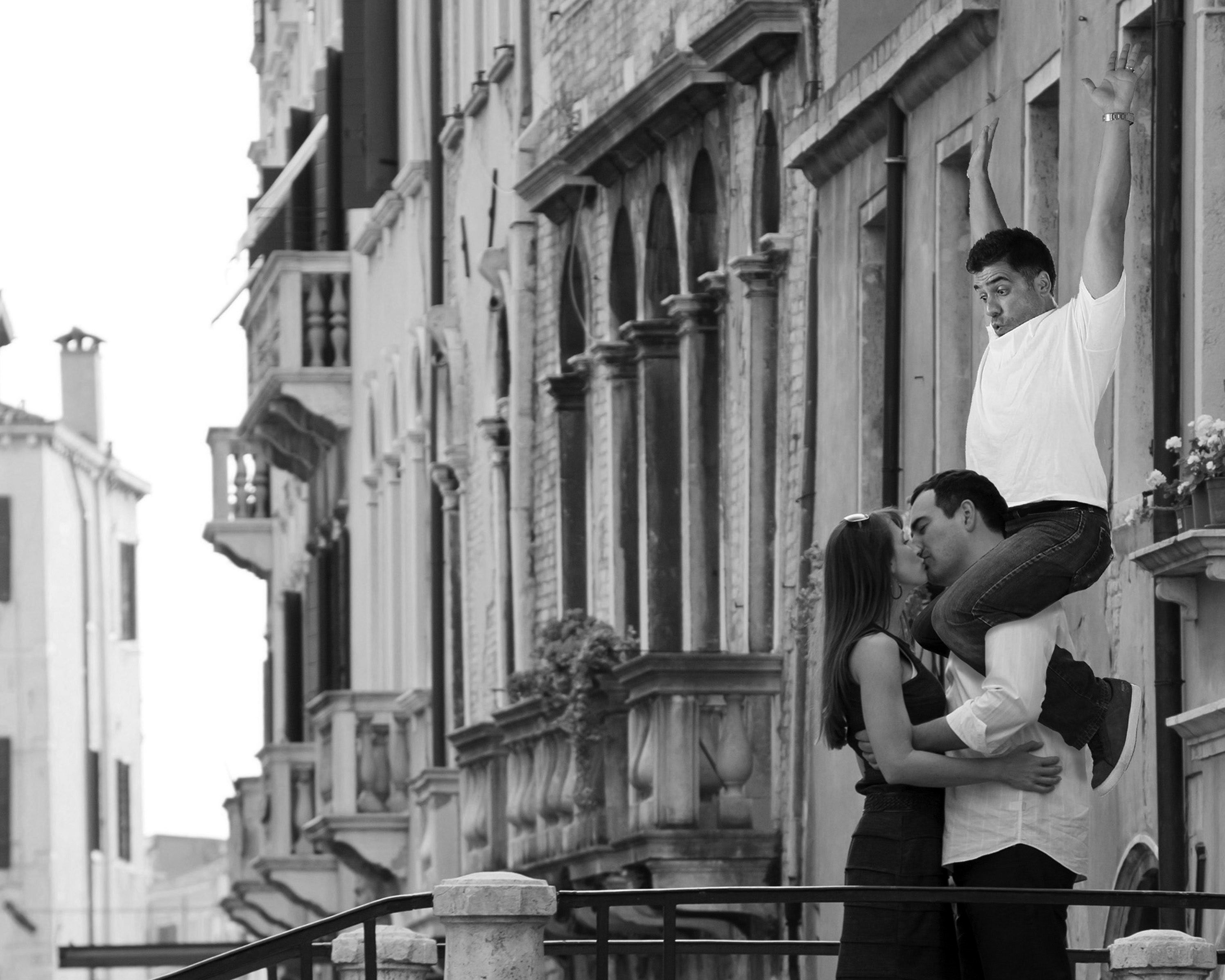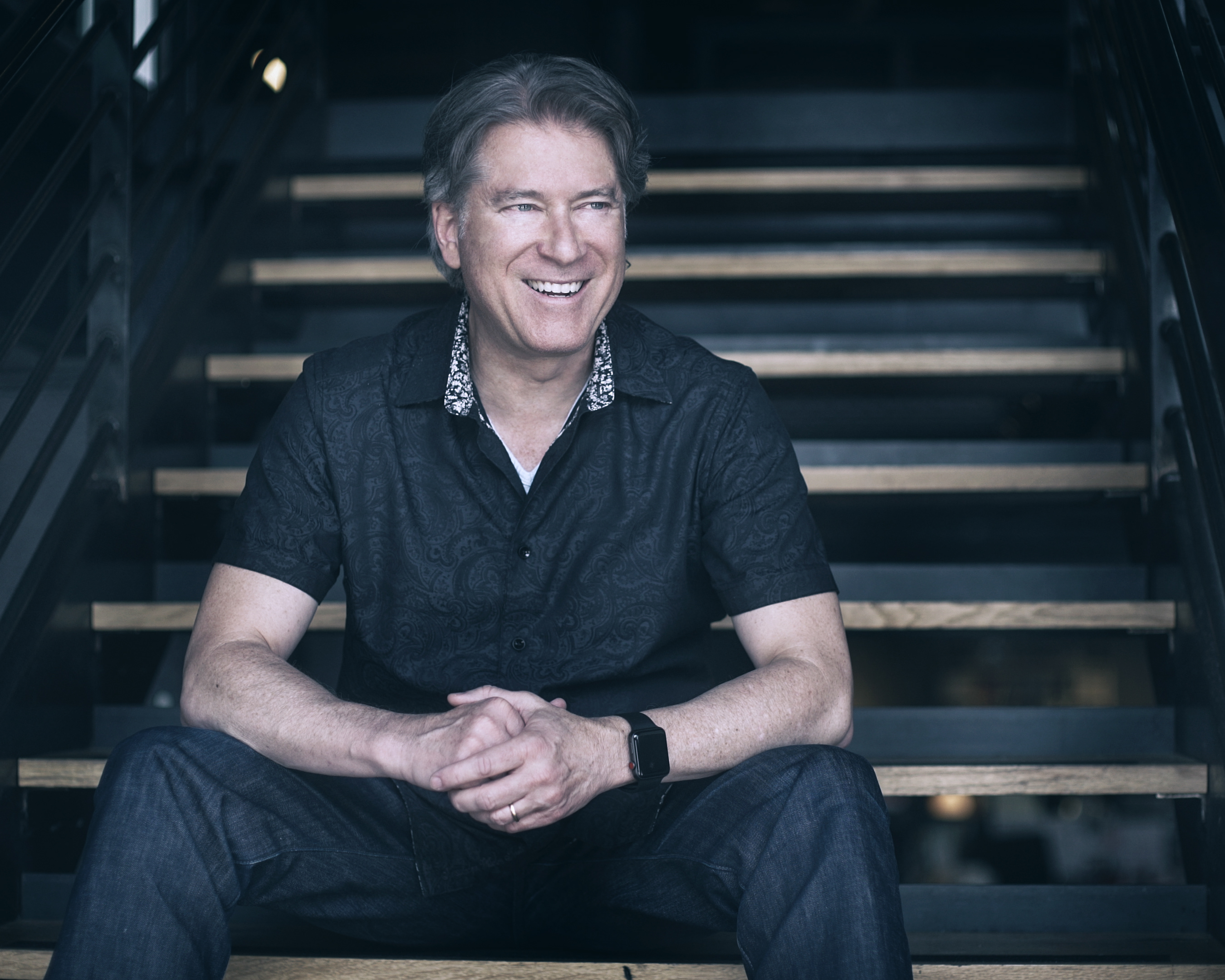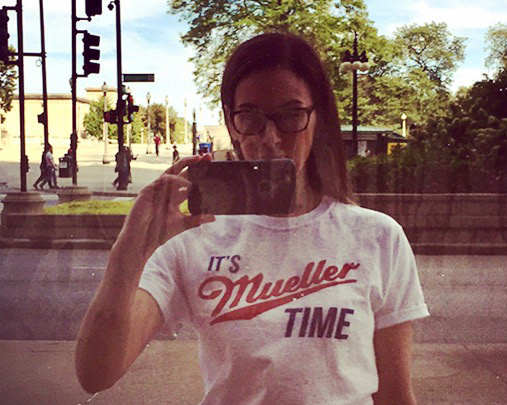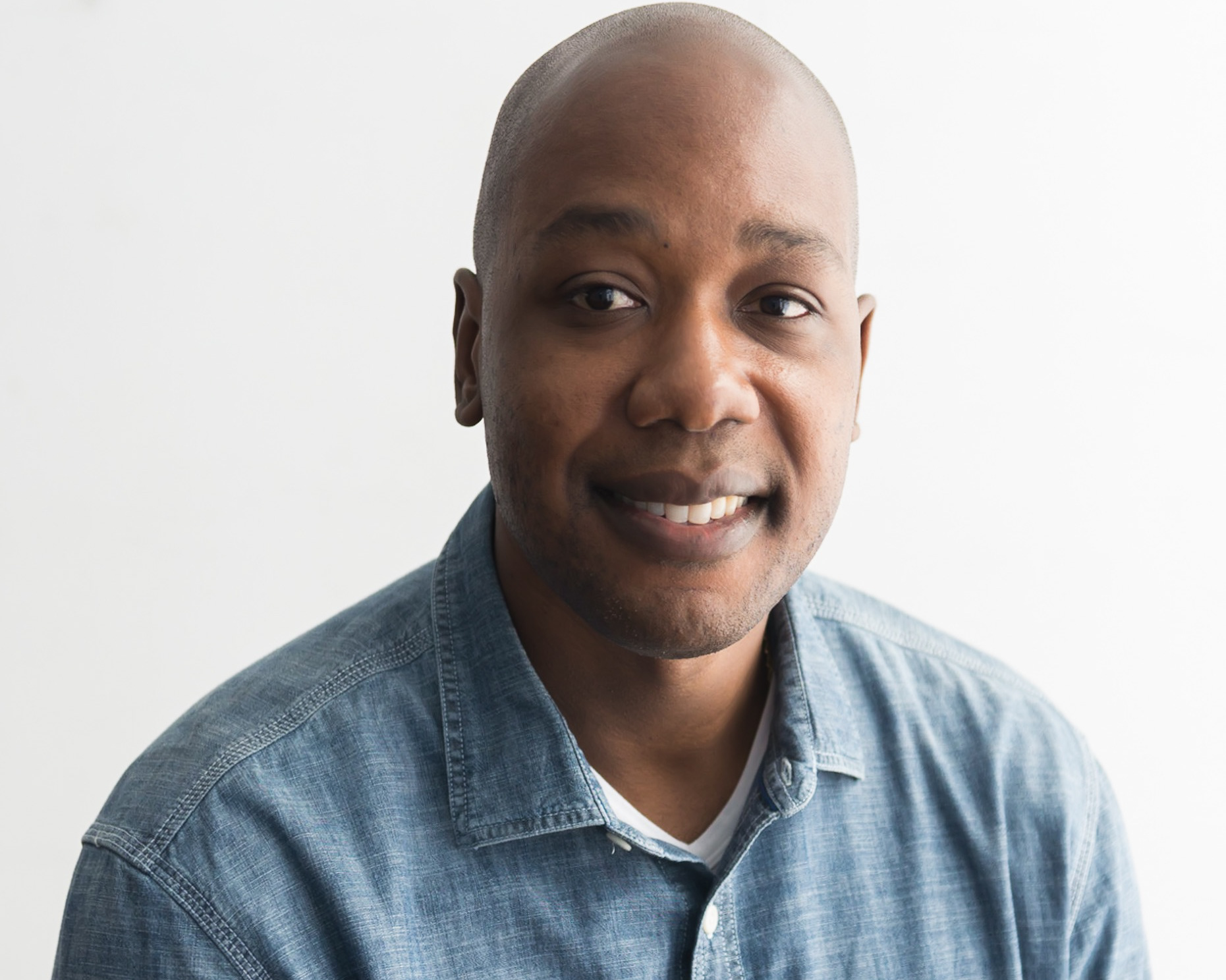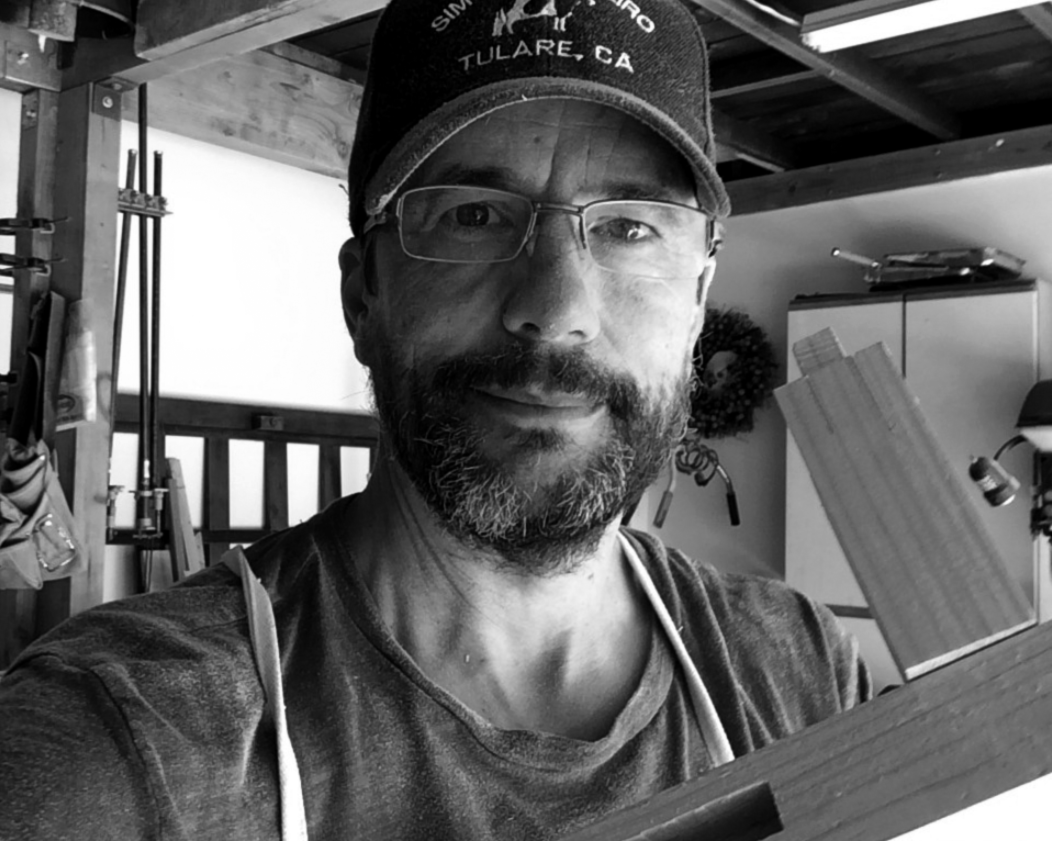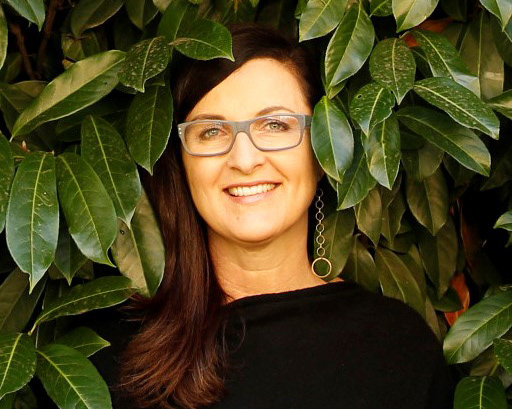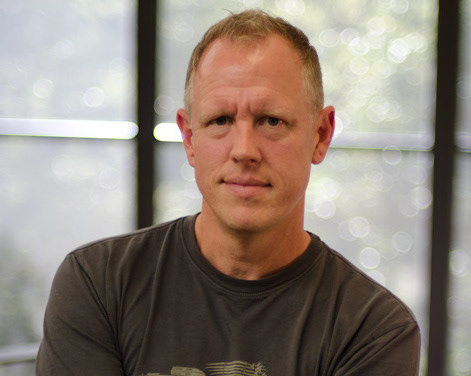When advertising handed us all lemons, David made Gunslingers, a creative collective of top-tier, ex-agency veterans who decided to mount up and ride toward a better, more efficient way to get things done for clients. He’s taken with him 20 years of experience as an award-winning writer at some of the biggest agencies in New York and as well as the claim to have created one of the world's funniest commercials (that's according to Kevin Nealon, host of The World's Funniest Commercials, so you know it's true.). He also served as the Executive Creative Director for both NBC News and MSNBC during arguably the most unprecedented news cycle of our time. David’s first commercial as a junior copywriter featured Johnny Cash popping out of guitar case for Choice Hotels. Since then, all downhill.
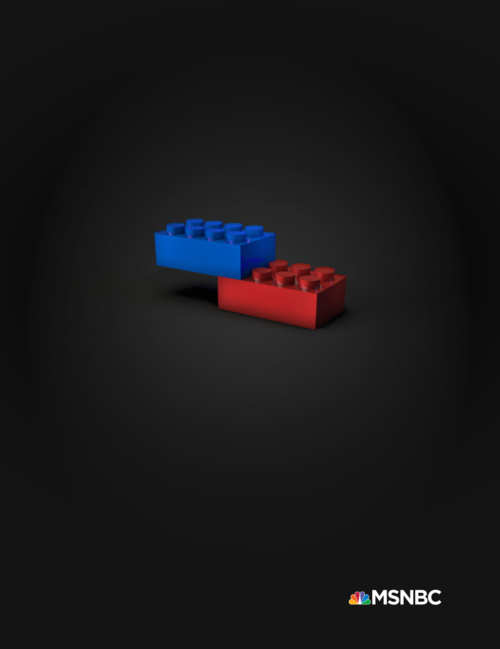
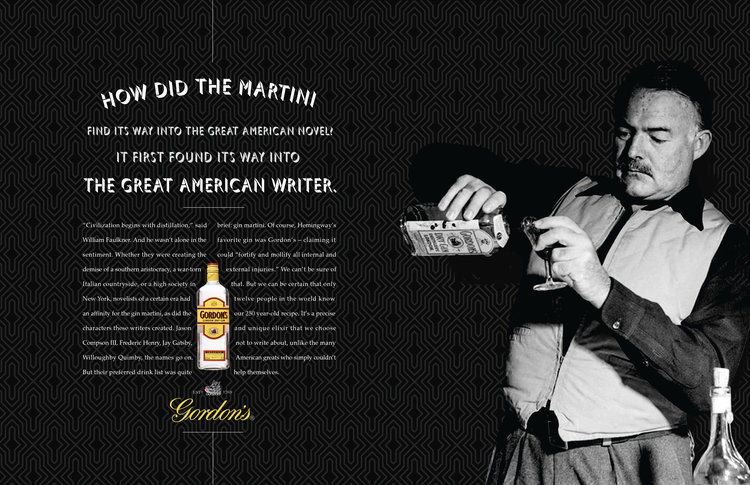
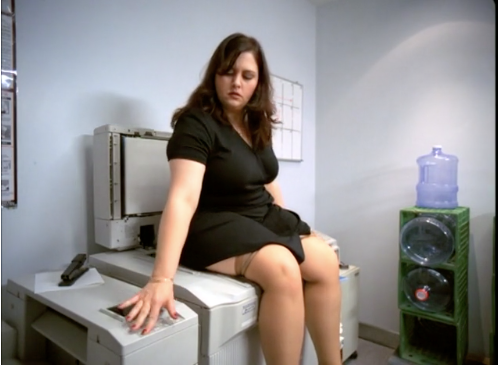
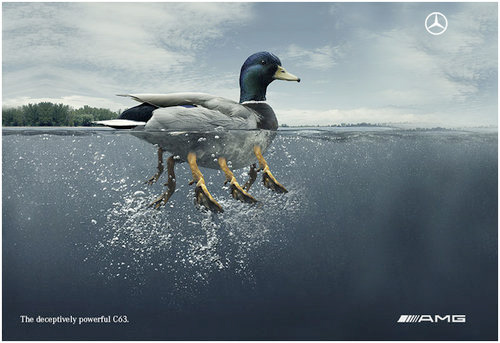
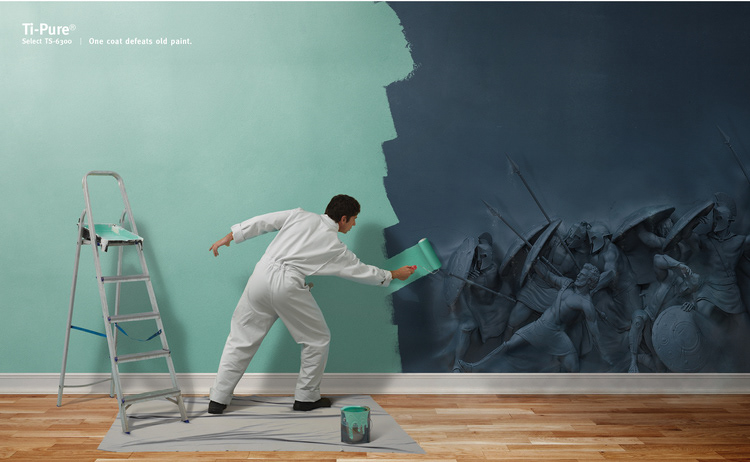
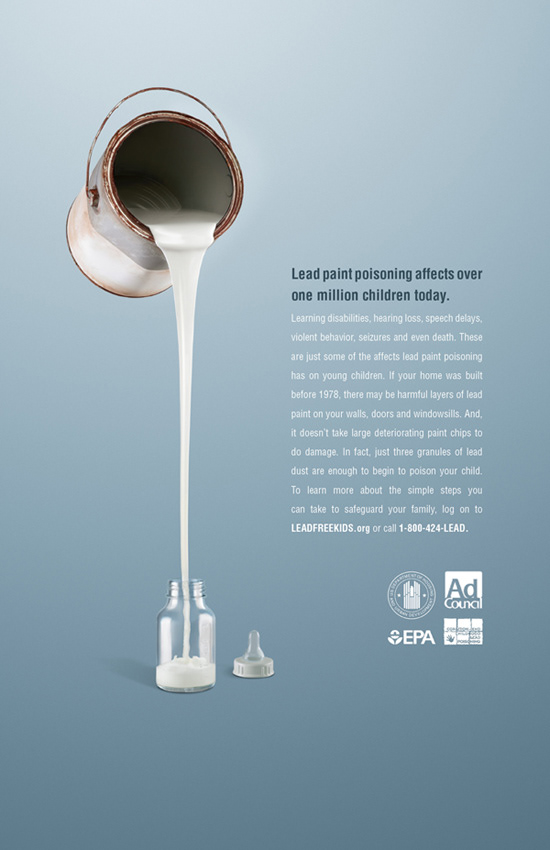
Is ageism in the industry something you thought about in your 30s? Your 40s?
Ageism is something I never thought about ten, or certainly twenty, years ago. I was always slightly concerned with the digital revolution that was forming like a a tsunami off the coast of Madison Avenue. I was writing Jiffy Lube commercials before there was a dot-com anything. I suppose ageism is a byproduct of this newer age. Today, I’m as busy as anyone – young or otherwise – trying to acclimate to the ever-changing technology. If digital creatives would own up to their insecurities, they’d admit that they continue to learn the nuances like everyone else.
Is ageism something that’s affected you? What are some of the challenges you faced as a person who was getting older in the business? Do tell.
It has yet to affect me because I am confident in my ability to do what creatives ten and twenty years my junior cannot do – write. Long copy, thoughtful and meaningful prose that evokes emotion and tells a story with impact. I can also present work and maintain a very realistic dialogue with a C-level client. That is an intangible that gets lost with the Millennial Movement in this business. Take Pharma for example: the boom in demand for pharma creative reflects our nation’s Baby Boomers entering their later years and advertisers needing to reach them effectively. Ad veterans can talk to these people. We can rely on human truths that are both relatable and relevant. Our experiences can serve us well in these landscapes. But pharma is only one example. Financial services and even luxury brands like Mercedes-Benz are good examples. What does a 30 year-old know about retirement savings or the inherent desire to drive a $80,000 SUV?
"What does a 30 year-old know about retirement savings or the inherent desire to drive a $80,000 SUV?"
Did the reality of the ad industry contribute to the decisions you made/the path you’ve taken?
I resigned my job as Global Creative Director at Ogilvy several years ago and eventually took a job as the Executive Creative Director for NBC News and MSNBC. I did it for two reasons: 1. As a nation, we were at a pivotal moment in our history, and I wanted to be a part of it. And 2. I knew I was embarking on a reinvention of sorts of my career. I was going not only client-side but media-side, and I was well aware of the doors that suddenly would present themselves as a result. I suppose there was another reason that led me to leaving the full-time world of advertising at that time: The reality that it simply was not the same industry it was a decade ago. The environment had completely changed. A lot of the fun was gone. The open-space environment continues to be a massive bust, causing everyone to sit like White Walkers wearing headphones in front of their monitors. It had become a shell of the industry that I had once fallen in love with.
What are your thoughts on where you are now, as you look back on your creative journey?
I’ve started a creative collective called Gunslingers that offers clients a better, more efficient way to work directly with top-tier, experienced creatives and strategists whom they otherwise could never directly access because of the layered bureaucracies embedded in the WPPs of the world. This new venture is exactly where I should be at this point. I’ve done advertising for over 20 years. I spent two years running the #1 news shows during the most precarious time for journalists in our history. Over my years, I have formed and fostered many great client contacts. Working now directly with them just makes every ounce of sense to me. And it’s far more rewarding to be a true collaborative partner with these people.
What do you feel creative people over 50 can offer over someone 20 years their junior, things that are unappreciated, or just plain overlooked?
Perspective. Chase awards and you will miss moments in life that are infinitely more valuable. I’ve known creatives who’ve owned the south of France one year or the next. They now have pretty heavy doorstops and bookends to show for it, that’s about it.
What is your advice to people who are nearing or over 40 in the ad industry?
Hone your relationships with your clients. You will turn to them one day and they will still value what you do. Also, trust your talent. Always. You’ve been doing this for over 20 years and you’re good at it. Though it’s difficult, you cannot let new insecurities creep into your mindset. Lastly, be open to virtual and experiential ways to engage your clients. Learn and appreciate what is happening around us. Just because you’ve done a banner ad doesn’t make you “digital.” It makes you sound like an old fart who thinks he gets it.
"Trust your talent. Always. You’ve been doing this for over 20 years and you’re good at it."
How are you approaching the next 10 years? What does your future hold?
I’m taking it a year at a time. In just a matter of months, Gunslingers has signed on as Agency of Record for two clients – one in New York and one in Philadelphia. We are pursuing and pitching new business continuously, and are being well-received because CMOs see an opporunity to cut the cost-driving excess and get to the purity of ideas directly with the people who are creating them. If this venture continues to flourish, great. If not, I would be open to returning to the agency world if the ideal account and situation presented itself. I am definitely through with the late nights and weekends to cobble together a 20-page Powerpoint. I’m no longer the dog nor the pony. There’s an outside chance I move to the Keys, learn to game fish and write a poorman’s Hemingway novel. (Some say I already drink like him).
What’s one thing the industry could do to make you think they are taking combating ageism seriously?
Stop using the term “unicorn.”
What do you see as potential solutions for ageism in the industry? Any thoughts on possibly unionizing?
I think too often agencies are very quick to promote creatives. What was deemed a junior writer twenty years ago is an ACD in today’s culture. Nowadays, five years and an award-winning idea lands you a Creative Director role somewhere. It begs the question: Just who is left to thoughtfully concept, write and produce the work? And who is truly learning their craft?
"Nowadays, five years and an award-winning idea lands you a Creative Director role somewhere."
What are some positive things you’ve experienced as you’ve grown older in the business?
Client relationships, hands down. We are peers. We carry a mutual respect and admiration for our roles and responsibilities. There is an understanding that I am in it with my clients. When I was younger, that notion and level of respect did not exist.
Who do you look to for inspiration?
In advertising, believe it or not, I still admire the ads of Neil French. The guy was raw and his humor was dry and sophisticated. When I want to be inspired, I read – not annuals, but books. Elmore Leonard’s dialogue is unmatched. Chuck Palahniuk’s command of language is perfect and makes me demand more of myself.

